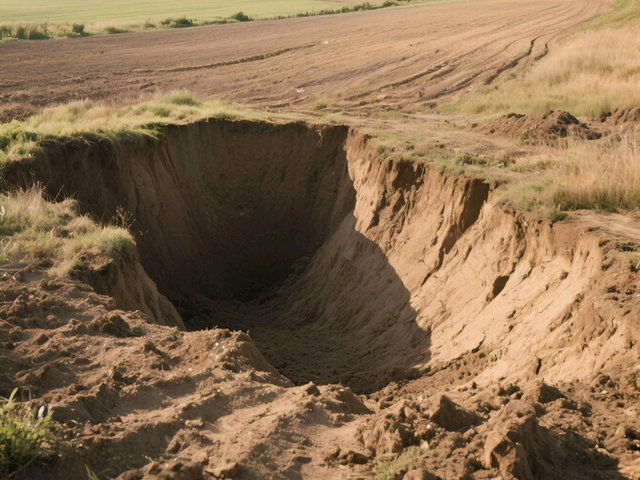Cement seal
Why Cement Can't Seal the Smell of DeathConcrete may look solid, but it's full of microscopic pores. As a body decomposes, gases like ammonia, cadaverine, and mercaptans escape through these tiny pathways. Plastic bags? They burst under pressure. In contrast, soil offers nature’s best filter—with microbes and minerals to neutralize odors.
Why Cement Can't Seal the Smell of Death
The stench of a decomposing body is no ordinary odor—it's a primal alert hardwired into our DNA. Attempts to block it with cement or plastic often backfire in gruesome ways.
1. Concrete “Breathes”
- Porous Structure: After setting, concrete loses water and develops countless microscopic pores—similar to a sponge.
- Odor Escapes: The molecules responsible for decay odor (as small as 0.001μm) easily travel through these pores.
2. Chemistry of Decomposition
- Protein Breakdown: Gut bacteria break down proteins, releasing foul compounds like ammonia (NH₃), cadaverine, and mercaptans.
- Alkaline Delay: Cement’s high pH slows microbial activity, but instead of halting decay, it just drags the smell out over time.
3. Plastic Bags Can’t Handle the Pressure
- Gas Expansion: A 200-pound corpse can release liters of gas during decomposition—enough to rupture any standard plastic bag.
- Cracked Concrete: Even if the bag holds, the swelling gases can crack the cement shell, allowing odor to leak out anyway.
4. Soil: Nature’s Odor Filter
- Absorption & Filtration: Soil contains clay minerals and humus that trap and neutralize smelly molecules.
- Microbial Breakdown: Rich microbial ecosystems in the soil speed up decomposition and suppress odors.
⚠️ Tip: If a beloved pet passes away, burying them in a deep hole in the ground is far more effective and respectful than sealing them in cement.
5. A Moral and Forensic Reminder
The long arm of justice never rests. Any attempt to cover up wrongdoing will ultimately be betrayed—often by the scent alone.
If you like this article, please like, forward and follow me @funge for more interesting works
